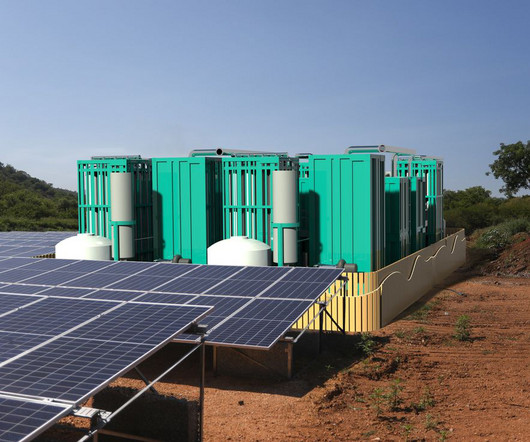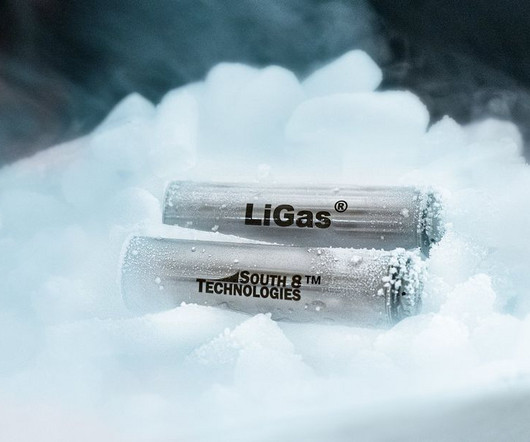Molten-Salt Battery Freezes Energy Over a Whole Season
Cars That Think
APRIL 15, 2022
As the pressure to decarbonize electricity grids mounts, so does the need to have long-term storage options for power generated from renewables. While rechargeable batteries are the solution of choice for consumer-level use, they are impractical for grid-scale consideration.













Let's personalize your content